
OR
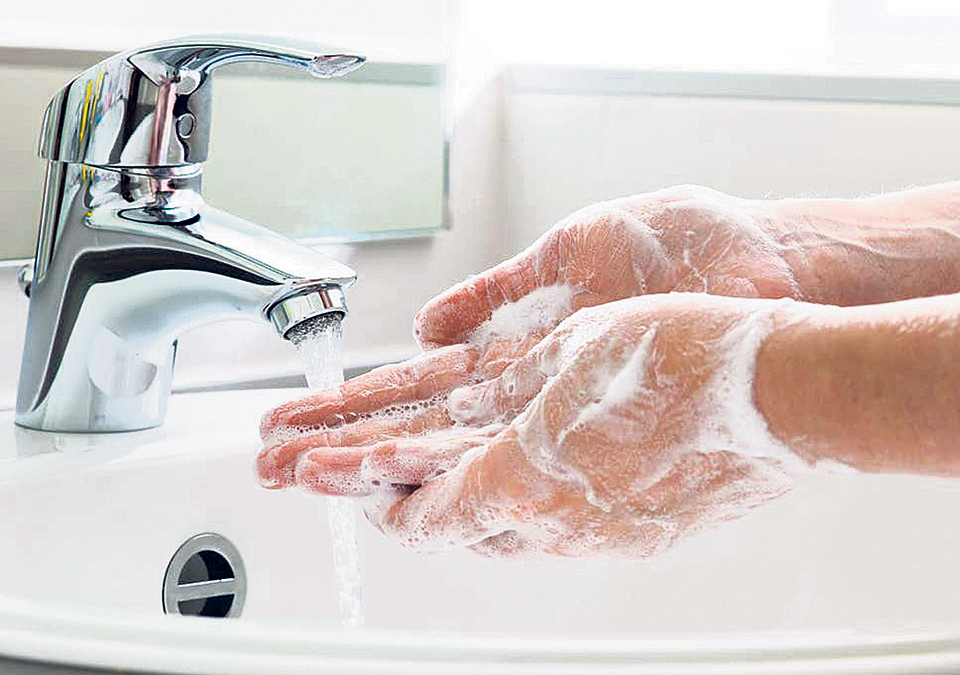
More from Author
The soap molecule tries to pull the water molecule, resulting in the push and pull which breaks the coronavirus and eventually kills it
In the wake of COVID-19 epidemic with several thousand infections and thousands of deaths, sanitation alert, particularly hand washing awareness, has sharply increased. Hand-sanitizers have become the buzz words as it’s believed to be one of the crucial defence mechanisms against coronavirus. In Nepal too, due to increasing threat of coronavirus and unquestionable trust toward sanitizer, people are buying it at double price amid shortage. But it’s a surprising fact that the cheap soaps, which are easily available in our local market, are actually the most effective weapons against COVID-19. Because of the unique chemical compositions of soap, it’s proven to be the strong and immediate protection for common people. Palli Thordarson, a professor at the School of Chemistry at the University of New South Wales, claimed afterthought benefit of soap by citing some scientific reasons. Many reputed international media like Guardian and New York Times have already circulated this information and people are following it seriously.
So it’s time for Nepal to consider this evidence and reduce our dependence over probably less-effective hand sanitizers which we are using.
Thordarson has explained that viruses are likely to be made up of three things: A nucleic acid genome (their genetic material: DNA or RNA), protein, which encases the nucleic acid and a fatty outer layer of lipids. Actually the connection between three components makes up structure of the virus and these connections are usually weak. The particles in soap are good at melting the lipid layer and breaking the weak bonds within virus. Once the bond between proteins, RNA and lipids is broken the virus automatically falls apart. It’s because soap contains chemical particles or glue called amphiphile which is similar to lipids found in corona’s membrane and when that glue comes in contact with virus it muddles up with lipids and forces the virus to fall down from skin upon washing hands.
In simple language, many of us have noticed the fact that soap loves water and lipids (fats). So, it’s easier to wash oily utensils by soap as it takes the fatty portion of the dishes and flushes it all away with water. Similar phenomena occur when you wash your hands because the structure of coronavirus is like microscopic ball that holds bunch of the viruses’ genetic materials inside it. The outer layer of that ball is made of lipids (similar to oily parts of dishes) and when soap is applied to the hand with water, the soap molecules pull the outer lipid layer of coronavirus. At the same time the soap molecule also tries to pull the water molecule, resulting in the push and pull which breaks the coronavirus and eventually kills it. However, we must remember that we have to wash hands for at least 20 seconds to have enough push and pull between the soap molecules and the virus.
The hand sanitizer works in a different way. It contains alcohol that breaks the outer membrane of COVID-19 but it doesn’t involve washing with water and the dead viruses are likely to remain in your hands. Also one needs to use sanitizers with minimum 60 percent alcohol content and rub hands for enough time, otherwise just applying it will yield no positive result. These days, people are blindly buying sanitizers without considering the amount of alcohol and many are using it in wrong way, which makes them more vulnerable. Instead, if people start using available soap that is part of our daily life there will be less chance of wrong use. Soaps are the best available options for now to avoid the coronavirus.
Nepal as a developing country needs to have proper awareness to fight this epidemic and seeking out best available option is the first step of awareness. The information about benefit of soap is shadowed amid pursuit of sanitizers. And not all the Nepalis have access to such sophisticated materials. During these times of crisis, the benefit of locally available soaps should be brought to public notice. If the government takes the initiative to spread this information via public notice and media outlets, Nepalis will choose cheap and effective soaps over expensive and less effective sanitizers.
Biranchi Poudyal is a senior researcher at Pioneer Research Center Nepal. Bibhuti Poudyal is pursuing Bachelor’s Degree in IT from St Xavier’s College
You May Like This
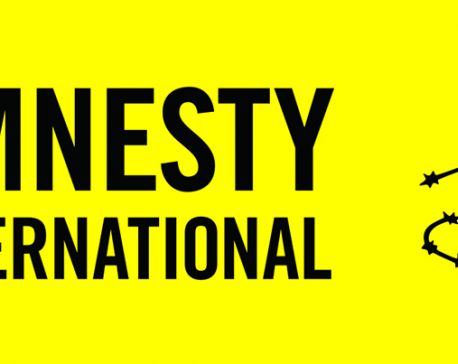
Qatar expels foreign migrant workers including Nepalis illegally during COVID-19 pandemic: Amnesty
KATHMANDU, April 15: Dozens of migrant workers including Nepalis were expelled by the Qatari authorities after telling them they were being... Read More...

Check unnecessary expenses, bring sector-based stimulus programs, economists tell govt
KATHMANDU, April 13: Economists have urged the government to check unnecessary expenses, put in place a mechanism to track actual... Read More...

PM Oli lauds Nepal Army role in fight against COVID-19
KATHMANDU, April 8: Prime Minister KP Sharma Oli has lauded the role played by the Nepal Army in the fight... Read More...


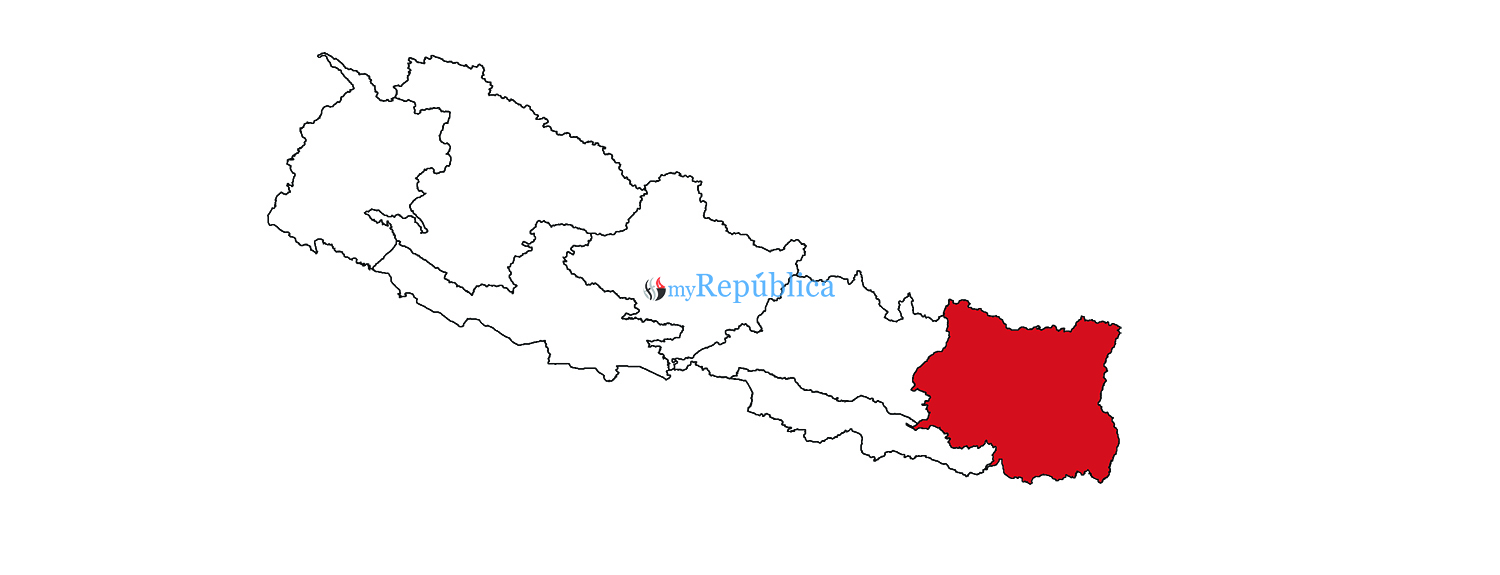

Just In
- Teachers’ union challenges Education Minister Shrestha's policy on political affiliation
- Nepal sets target of 120 runs for UAE in ACC Premier Cup
- Discussion on resolution proposed by CPN-UML and Maoist Center begins in Koshi Provincial Assembly
- RBB invites applications for CEO, applications to be submitted within 21 days
- Telephone service restored in Bhotkhola after a week
- Chemical fertilizers imported from China being transported to Kathmandu
- Man dies in motorcycle accident in Dhanusha
- Nepal face early setback as four wickets fall in powerplay against UAE










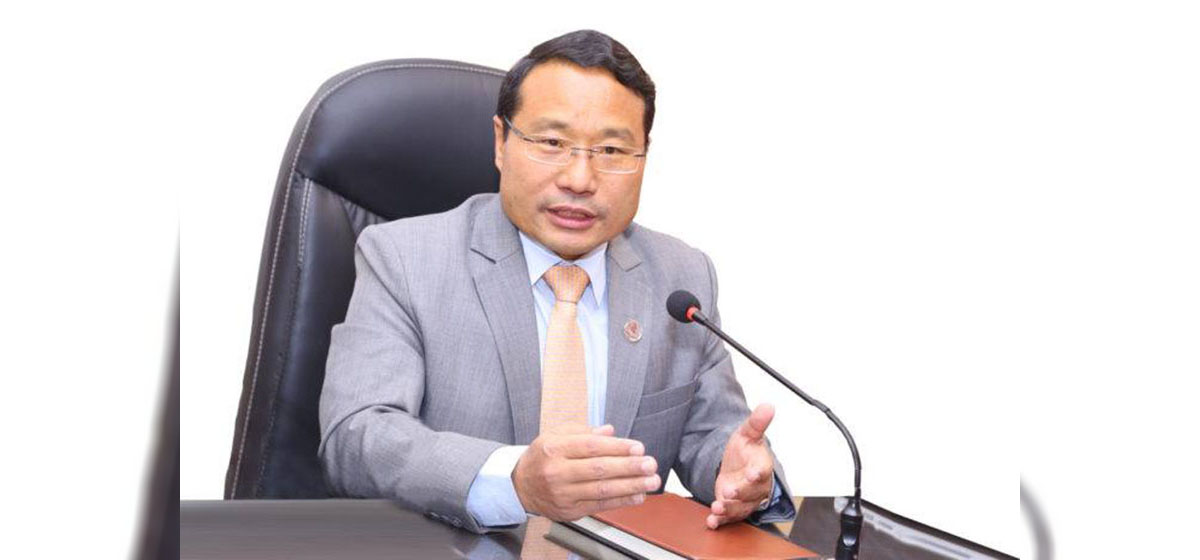

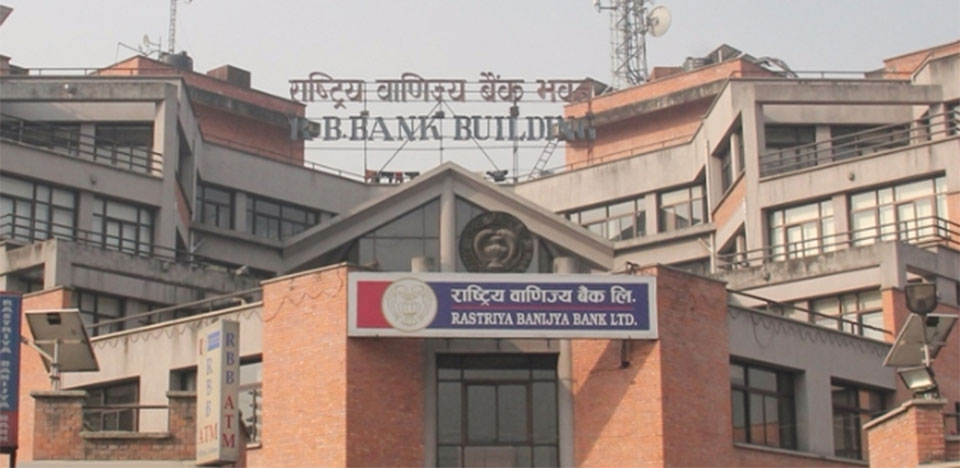
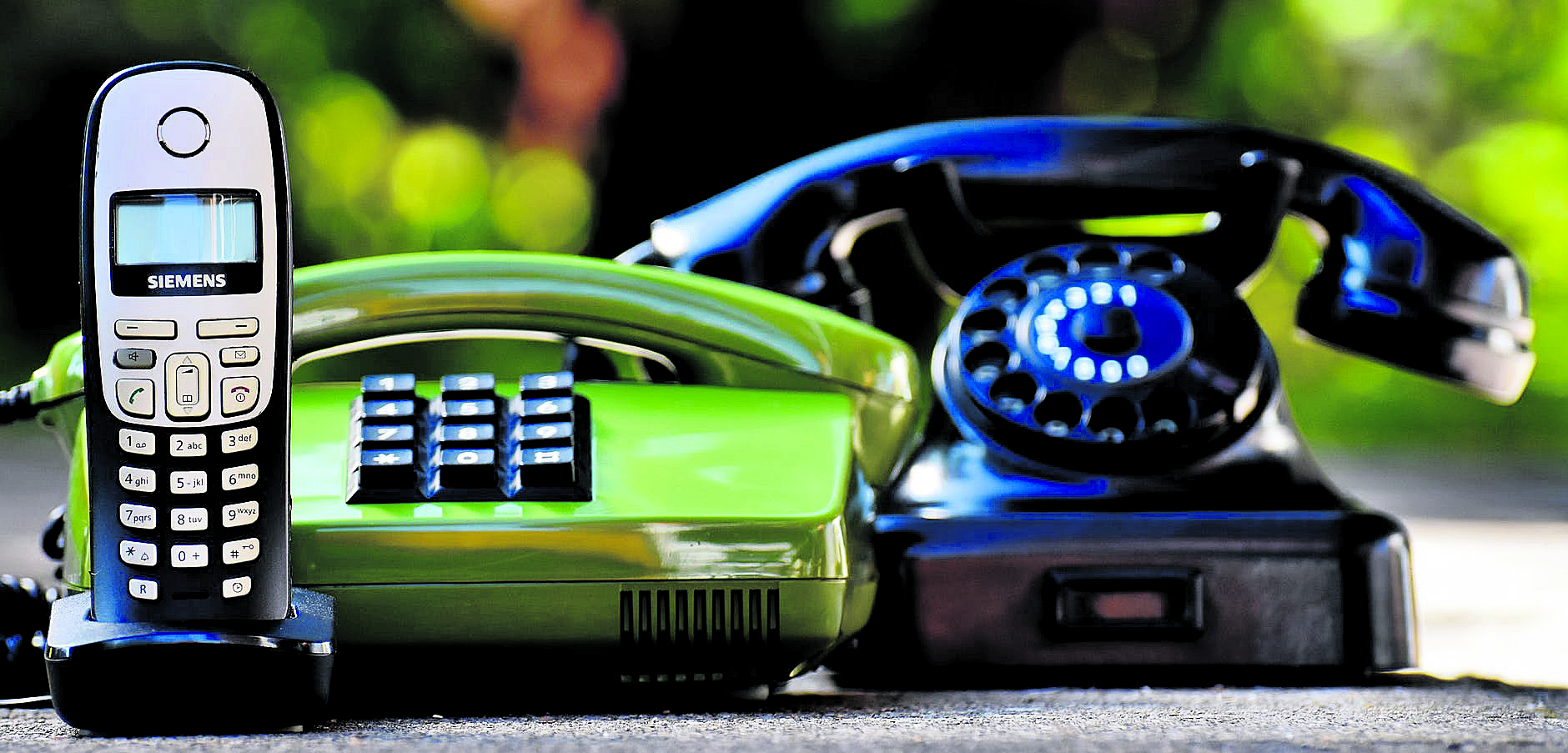

Leave A Comment